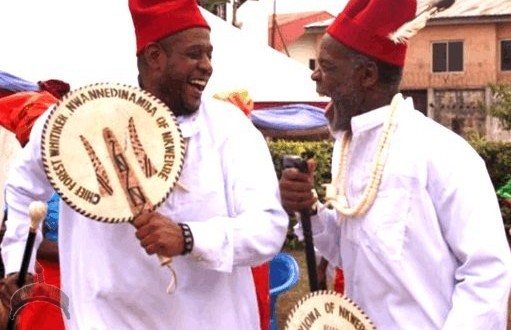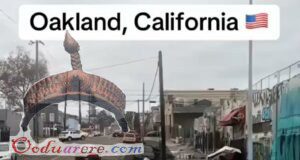We are not. I’m going throw out some names here: Kanuri, Jukun, Idoma, Igala, vaguely familiar? I’ll ramp it up, Affade, Angas, Ebirra, Gwari, Mandara, Ukwari. Ask any non-specialist to list the country’s ethnic groups and at best, after Hausa, Igbo, Yoruba, Fulani, maybe Ijaw, then after Itsekiri. A very knowledgeable person might mention any of the first four, but it’s extremely doubtful any of the last six ever get mentioned.
That, my brother, is what marginalisation looks like. Being invisible to your country and the world.
If Ndi Igbo are not in fact marginalised, then the other side of the coin is a question of why there exists a perception of marginalisation. The answer as always is politics. That and the malleability of facts. There exists a tendency here to prefer the blood-sport of politics to the slogging minutiae. In that game, facts are the ball.
Choosing at random, the Federal Ministry of Health budget for 2017, I find that the line items per region are as follows:
- South-East:12
- South-West:24
- South-South:12
- North:55
Notice what I did there? The North presented as a domineering monolith, this would make for excellent propaganda regarding marginalisation. Take a deep breath though and you realise, first, the North is singular, while the others are broken up. A more honest presentation would be North-55; South-48. Suspicious now, you could dig through my original data and you’ll find that 13 out of the 55 is situated in Abuja alone, Abuja isn’t a state; so the actual data is North-42; South-48. Grounds for marginalisation?
Another example is this. Nigeria’s security is poor, Nigeria is a society divided in two: Criminals and law abiding citizens. We all I assume are agreed here. Bring politics into it and criminals of any ethnic group become reflections of the other. People ignore proposing solutions to the actual problems to focus on the politics.
I don’t get it.
If you care to slog through:
By Emmanuel-Francis Nwaolisa Ogomegbunam
 Ọmọ Oòduà Naija Gist | News From Nigeria | Entertainment gist Nigeria|Networking|News.. Visit for Nigeria breaking news , Nigerian Movies , Naija music , Jobs In Nigeria , Naija News , Nollywood, Gist and more
Ọmọ Oòduà Naija Gist | News From Nigeria | Entertainment gist Nigeria|Networking|News.. Visit for Nigeria breaking news , Nigerian Movies , Naija music , Jobs In Nigeria , Naija News , Nollywood, Gist and more

















